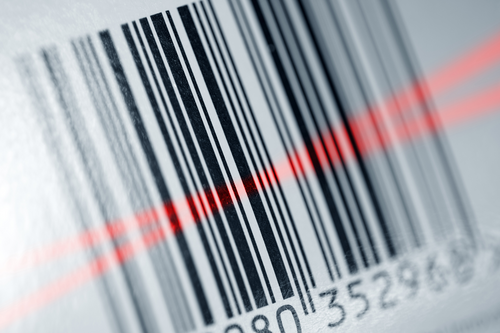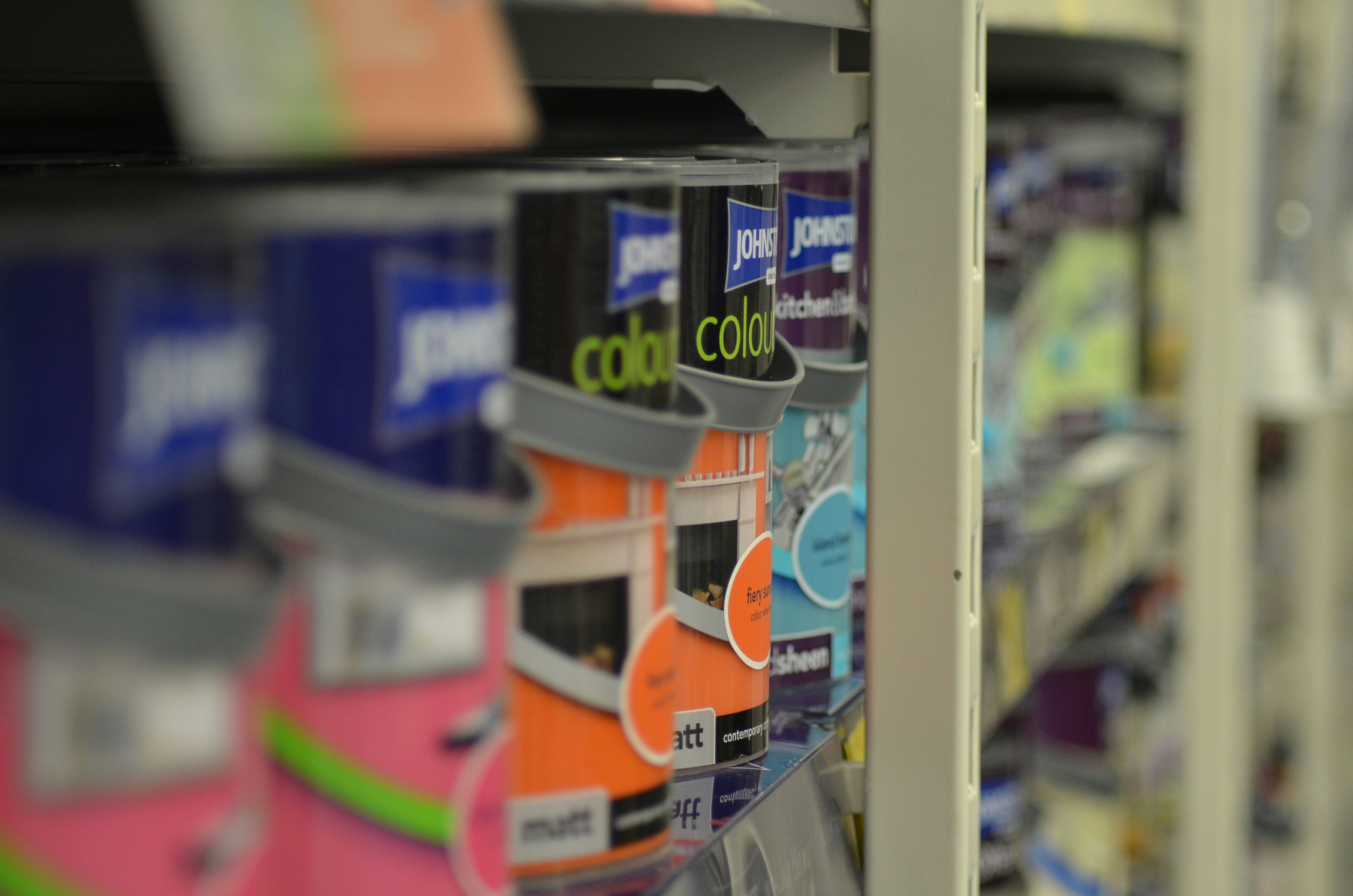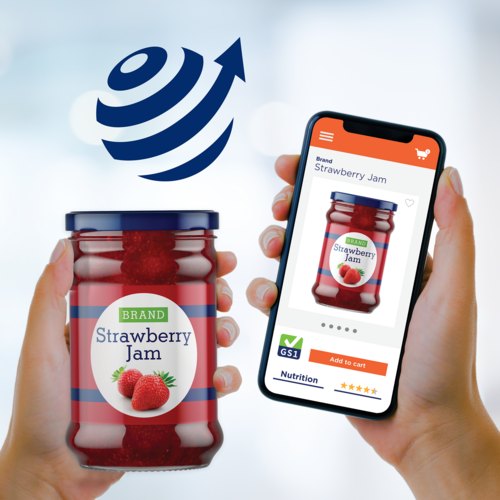Accurate product listings across digital platforms
Faster and safer checkouts
End-to-end traceability from source to shelf
Sustainability and waste reduction through digital product intelligence
We can't find the internet
Attempting to reconnect
In today's retail environment whether in-store or online, shoppers demand trust, transparency, and seamless product information. GS1 Kenya enables this transformation through globally accepted standards that power identification, data accuracy, and interoperability across the retail supply chain.
From product sourcing to checkout, GS1 standards ensure that retailers, marketplaces, and consumers can access accurate product data, traceability, and real-time visibility unlocking smarter commerce in Kenya and beyond.
At the heart of every retail transaction is the barcode a technology that started with GS1 and continues to evolve. Today's retail ecosystem is powered not just by barcodes, but by a full suite of GS1 identification and data standards that enable:
Accurate product listings across digital platforms
Faster and safer checkouts
End-to-end traceability from source to shelf
Sustainability and waste reduction through digital product intelligence

| GS1 Standard | Purpose |
|---|---|
| GTIN (Global Trade Item Number) | Uniquely identifies a product anywhere in the world |
| GLN (Global Location Number) | Identifies business entities and store locations |
| GPC (Global Product Classification) | Standardizes how products are grouped across systems |
| Digital Link | Connects physical products to their digital twins via QR codes or 2D barcodes |
Using these identifiers ensures consistent, accurate product information whether on a supermarket shelf, e-commerce platform, or mobile app.
GS1 is leading the evolution of the barcode with 2D barcodes (such as GS1 QR codes and Data Matrix), capable of carrying more than just a GTIN. These next-generation barcodes cancover:
Product name, weight, ingredients
Expiry date and batch number
Nutritional facts or allergens
Sustainability certifications
Dynamic links to rich product data

These codes serve as the bridge to a product's Digital Twin - a dynamic, cloud-based representation of the physical product, accessible via smartphone scan or POS system.

Get instant notifications about recalls or expiration status

Consistent product information across multiple online platforms

Reduce scanning errors and shrinkage at point of sale

Enhanced consumer engagement through product stories
With the explosion of e-commerce, GS1 standards are now essential for platforms to:
Verify product authenticity and ownership to combat counterfeits
Standardize product information across multiple sellers
Identify and manage duplicate and counterfeit products
Enable faster integration for new brands and SKUs
Global platforms like Amazon, Google Shopping, and Alibaba require GTINs for all product listings. By working with GS1 Kenya, Kenyan sellers can ensure their listings are globally compliant and trusted by major marketplaces.
A digital twin is a digital replica of a product that stores its lifecycle information manufacturing, shipping, retailing, and post-purchase use. Enabled by GS1 identifiers and Digital Link, digital twins allow retailers to:

Track every product unit in real-time
Manage sustainability claims (e.g., recyclable packaging)
Enable smart promotions and reordering
Support circular economy initiatives like reusability and returns
From product shelves to digital marketplaces, GS1 Standards power the future of retail.